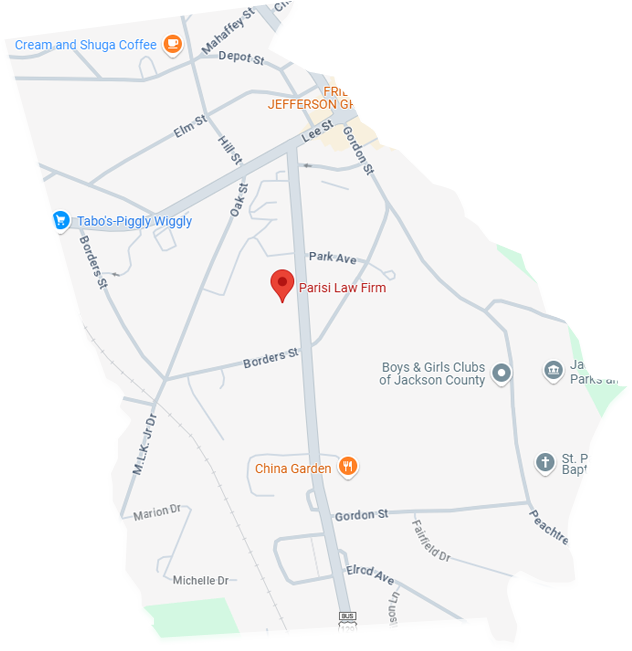If you have been injured at work, or have been diagnosed with a work-related illness, you may be eligible for workers’ compensation benefits. Most employees in the state of Georgia are covered by workers’ compensation insurance.
Workers’ comp provides benefits to employees who have been injured on the job. Georgia has a no-fault system for workers’ comp, which means that you do not need to prove that your employer was at fault or negligent in any way for the incident that caused your injuries. By filing a workers’ compensation claim, an employee can seek benefits to cover:
- medical benefits;
- lost wage benefits;
- vocational rehabilitation benefits;
- permanent partial disability (PPD) benefits.
However, filing a workers’ compensation claim can be complex and time-consuming; mistakes on the application or disputes with the employer’s insurance provider could result in the employee being unable to recover their rightful benefits. The best way to ensure a smooth filing process and to improve chances of a favorable outcome is to work with a law firm that specializes in workers’ compensation.
Although most employees are eligible for workers’ compensation insurance, it does not apply to all workers in Georgia. The threshold consideration in determining whether a claim falls within the Workers’ Compensation Act is whether there is an employer-employee relationship, as opposed to an independent contractor relationship.
Once the requisite employment relationship is established, the worker must prove that the accident not only occurred in the course of employment, but that the accident arose out of the employment. O.C.G.A. § 34-9-1(4); St. Joseph’s Hosp. v. Ward, 300 Ga. App. 845, 686 S.E.2d 443 (2009). If so, the injured worker’s exclusive remedy against his employer is under the Workers’ Compensation Act. This means that an injured employee cannot sue the employer in a tort lawsuit. This is the tradeoff with the workers’ comp system: the worker does not have to prove that the injury was due to his employer’s negligence, but also cannot recover tort damages such as pain and suffering, punitive damages, etc.
After the employer–employee relationship has been established, the next element of a workers’ compensation claim is the requirement of “injury by accident arising out of and in the course of employment.” Thus, there are three requirements:
- (1) injury by accident;
- (2) injury arising out of employment; and
- (3) injury arising in the course of employment.
The “arising out of and in the course of employment” element presents “two independent and distinct criteria, and an injury is not compensable unless it satisfies both.” Mayor & Aldermen v. Stevens, 278 Ga. 166, 598 S.E.2d 456 (2004).
This only scratches the very surface of the issues involved in a workers’ comp claim. As you can see, workers’ comp claims can be very complicated and there are many aspects that the employer can dispute to argue that the employee is not entitled to benefits. It is important to hire an attorney who has experience litigating worker’s comp claims and navigating this complex system, because you better believe your employer’s insurance company will do everything they can to avoid paying benefits to injured workers.
Please call 404-594-5130 or email for a free consultation. Parisi Injury Law represents workers’ comp clients throughout Jackson County, Barrow County, Banks County, Hall County, Gwinnett County, metro Atlanta, and all of Georgia.





